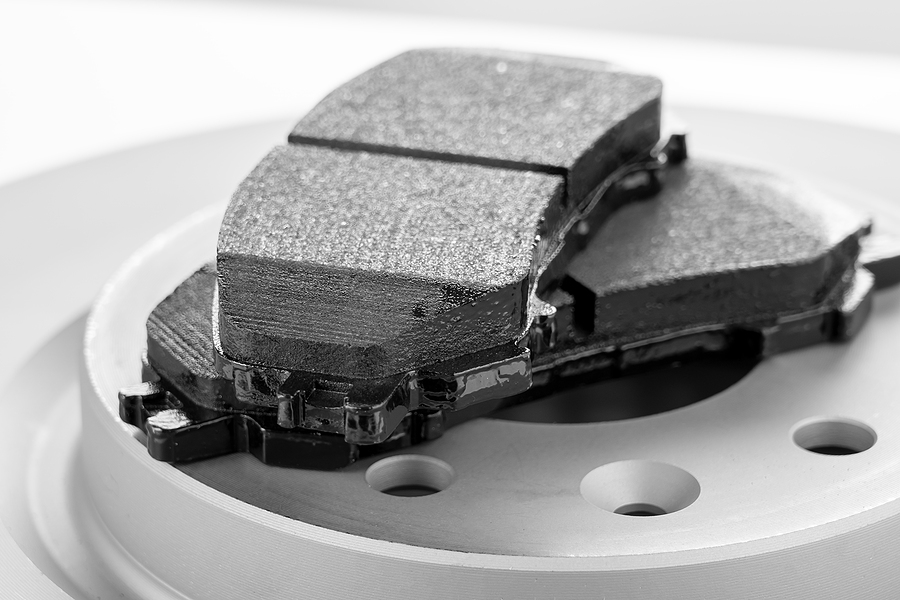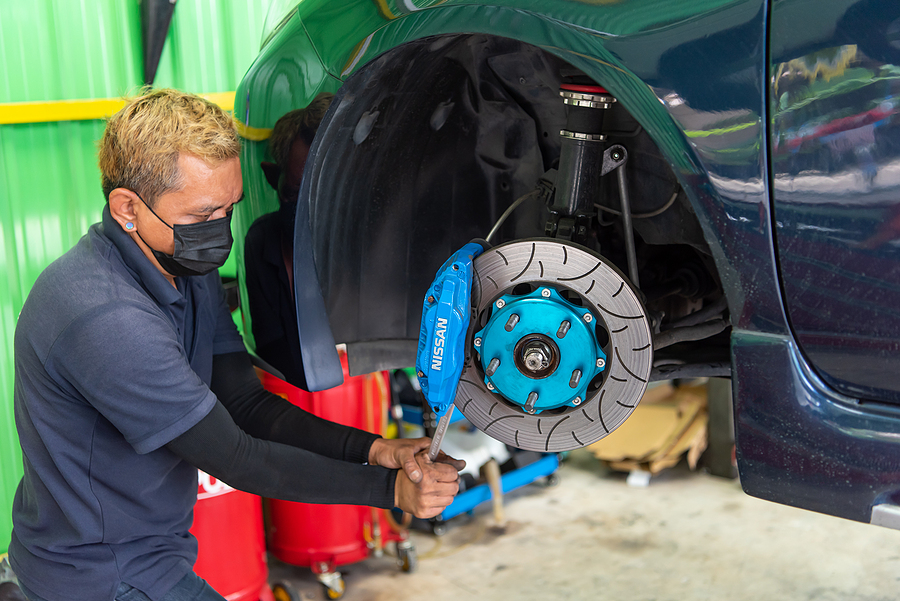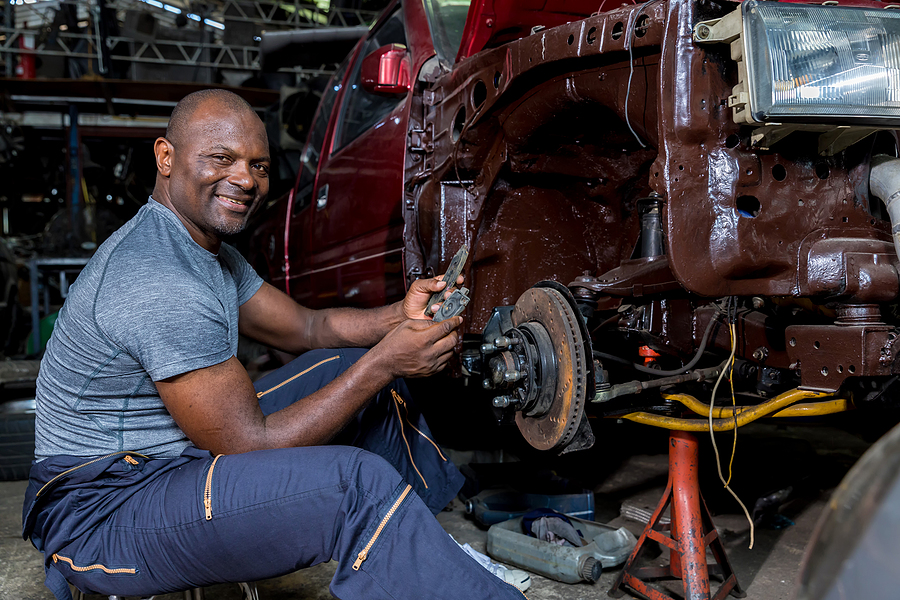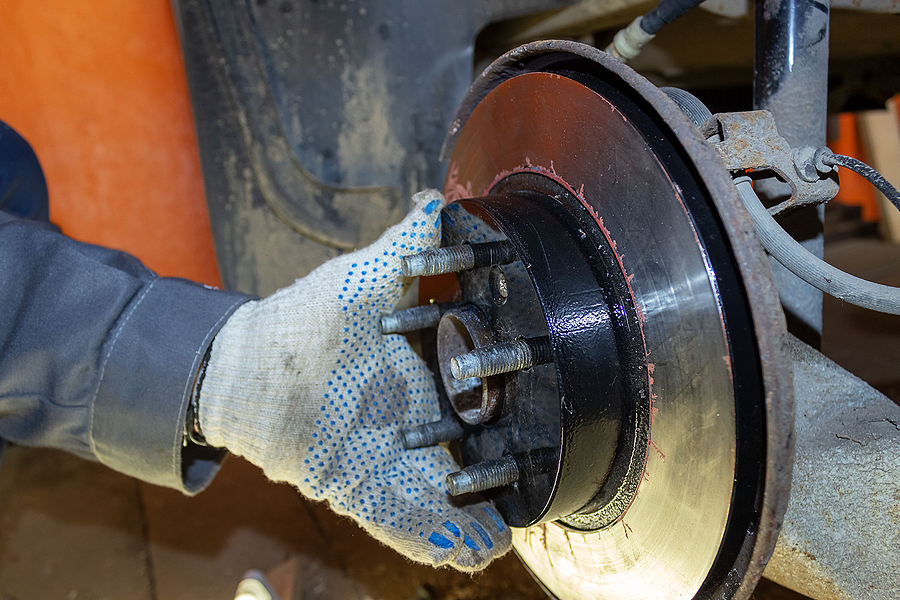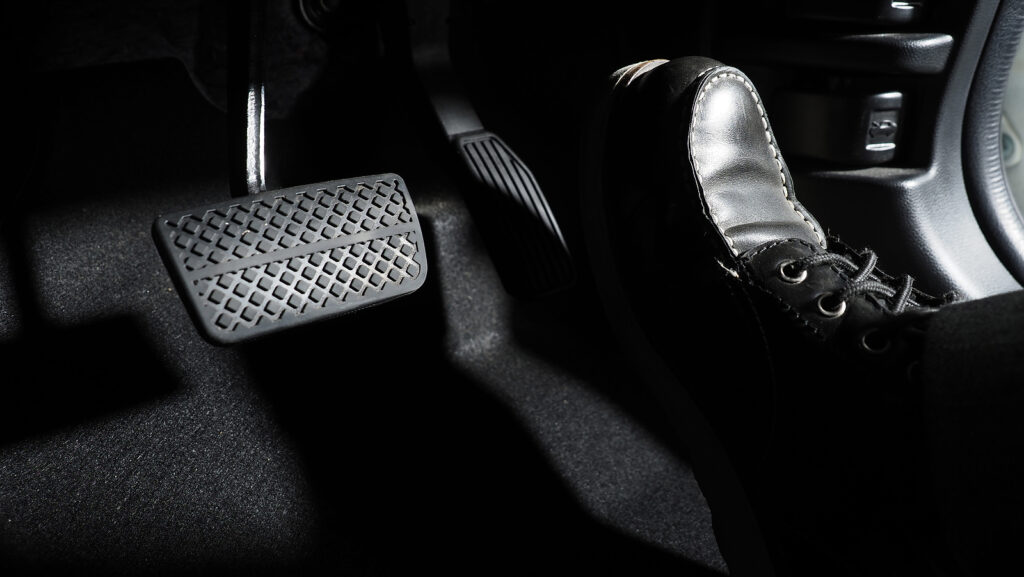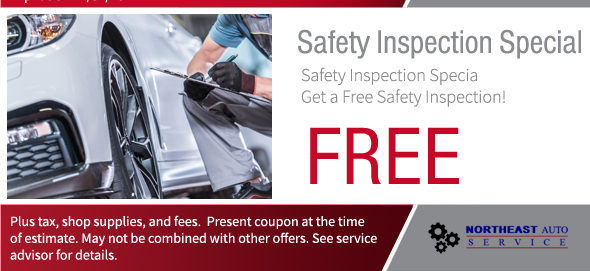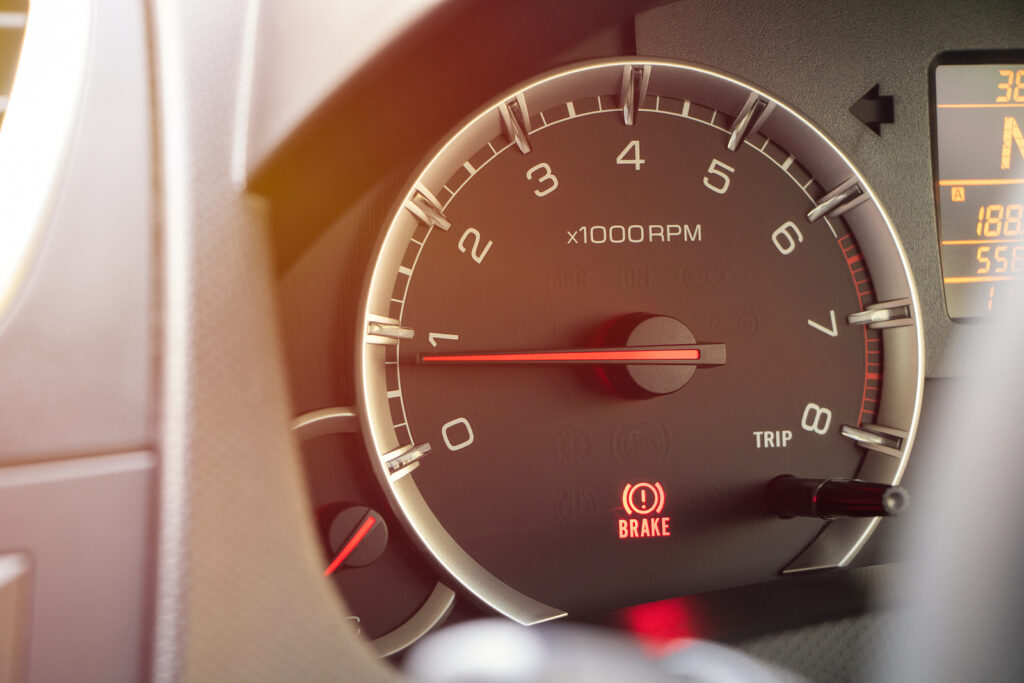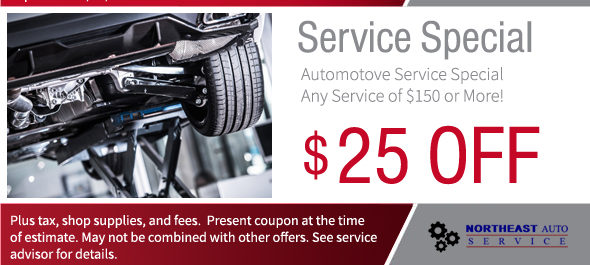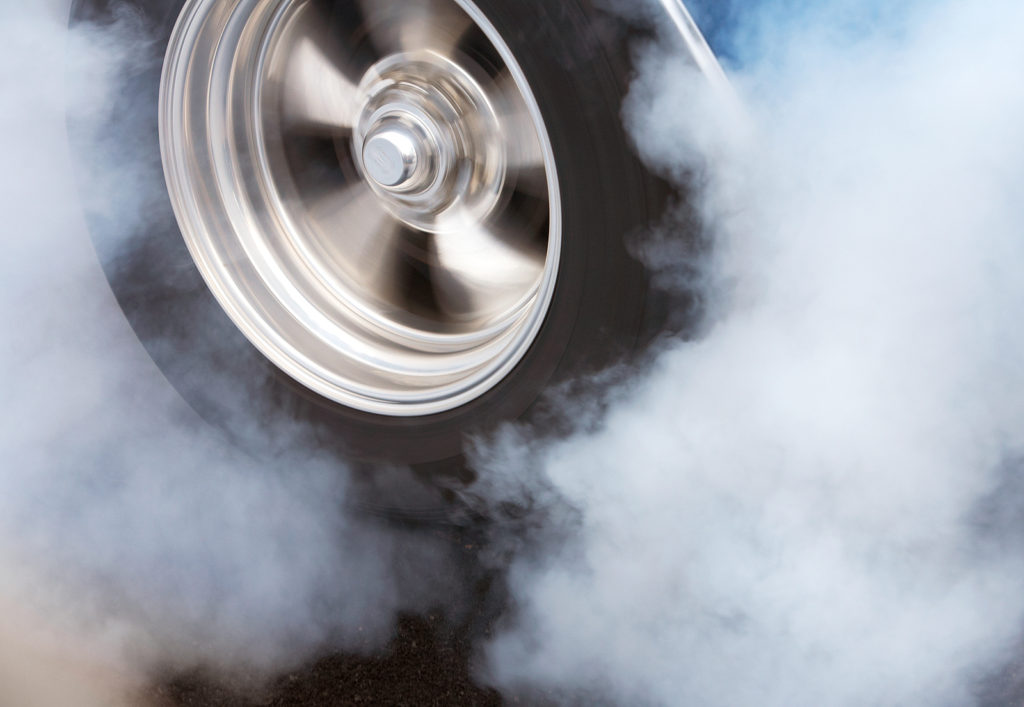Understanding your vehicle’s hand brake, also known as the parking brake, is a crucial aspect of car maintenance. Typically, the hand brake lever is positioned between the driver’s and passenger’s seats, and its primary role is to keep your vehicle stationary when parked. However, this important component often gets overlooked in routine car care.
This blog post aims to shed light on the essentials of car hand brake repair and maintenance, helping you ensure the longevity and functionality of your hand brake. Whether you’re a seasoned driver or a beginner, this guide will equip you with the necessary knowledge to keep your hand brake in peak condition.
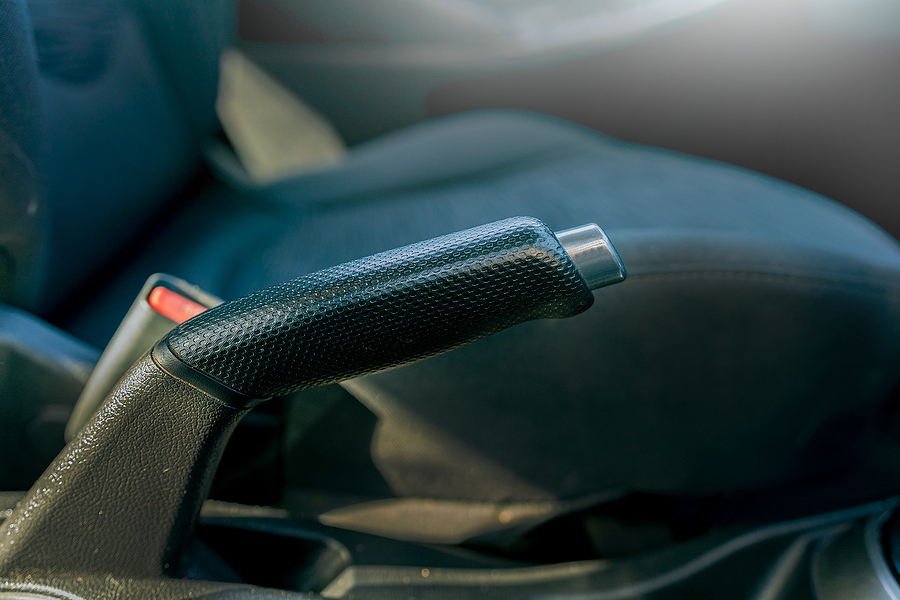
Maintaining Your Car’s Hand Brake
Regular maintenance is key to keeping your hand brake in good working condition. As a general rule of thumb, you should inspect the hand brake every six months or whenever you take your car for service. Here are some tips and tricks for maintaining your vehicle’s hand brake:
Check the position of the hand brake: The first thing you need to do is to make sure the hand brake lever is in its correct position. When parked, the hand brake should be pulled fully up and engaged at a comfortable height.
Inspect the cables and connections: Over time, the cables that connect your hand brake to the rear brakes can wear out or become loose. Make sure to check them for any signs of damage or looseness and get them replaced if needed.
Check the hand brake fluid level: Some vehicles have a separate reservoir for the hand brake fluid, while others use the same one as the brakes. Either way, it’s essential to check the fluid level regularly and top it up if necessary. Low hand brake fluid can cause your hand brake to fail when you need it most.
Clean and lubricate the hand brake components: Dirt, debris, and rust can build upon the hand brake mechanism over time, causing it to malfunction. Regularly cleaning and lubricating these components can prevent this from happening.
Remember always to refer to your vehicle’s manual for specific maintenance instructions as they may vary depending on the make and model of your car.
Repairing Your Car’s Hand Brake
If you notice any issues with your hand brake, it’s essential to get it repaired as soon as possible. Here are some common problems and how to fix them:
Hand brake not engaging: If the hand brake lever slides too easily or doesn’t stay in place when pulled up, it may be due to stretched cables or a faulty lever mechanism. It’s best to get these components replaced by a professional mechanic.
Hand brake not releasing: On the other hand, if your hand brake is stuck when you try to disengage it, it could be due to rusted cables or frozen calipers. Try gently tapping on the hand brake lever and rocking the car back and forth to release it. If that doesn’t work, seek professional help.
Hand brake warning light: If the brake warning light on your dashboard stays on even when you’ve released the hand brake, it could indicate low fluid levels or a faulty sensor. Get it checked by a mechanic as soon as possible.
Conclusion
Your car’s hand brake is an essential safety feature that should never be neglected. With regular maintenance and prompt repairs, you can ensure its proper functioning and keep yourself and your vehicle safe on the road. Remember to always consult a professional mechanic for any major issues with your hand brake, and never attempt to repair it yourself unless you have the necessary knowledge and experience.
With regular maintenance, you can ensure the longevity and functionality of your hand brake, keeping yourself and your vehicle safe on the road. Contact Northeast Auto Service at 317-475-1846 for professional car brake repair and service in Indianapolis, Indiana. Request a free estimate, or schedule service, today.
Related Posts:
10 Tips for Keeping Your Brakes in Good Condition
Top 4 Signs of Failing Car Brakes
A Guide to Choosing the Right Brake Pads for Your Vehicle

